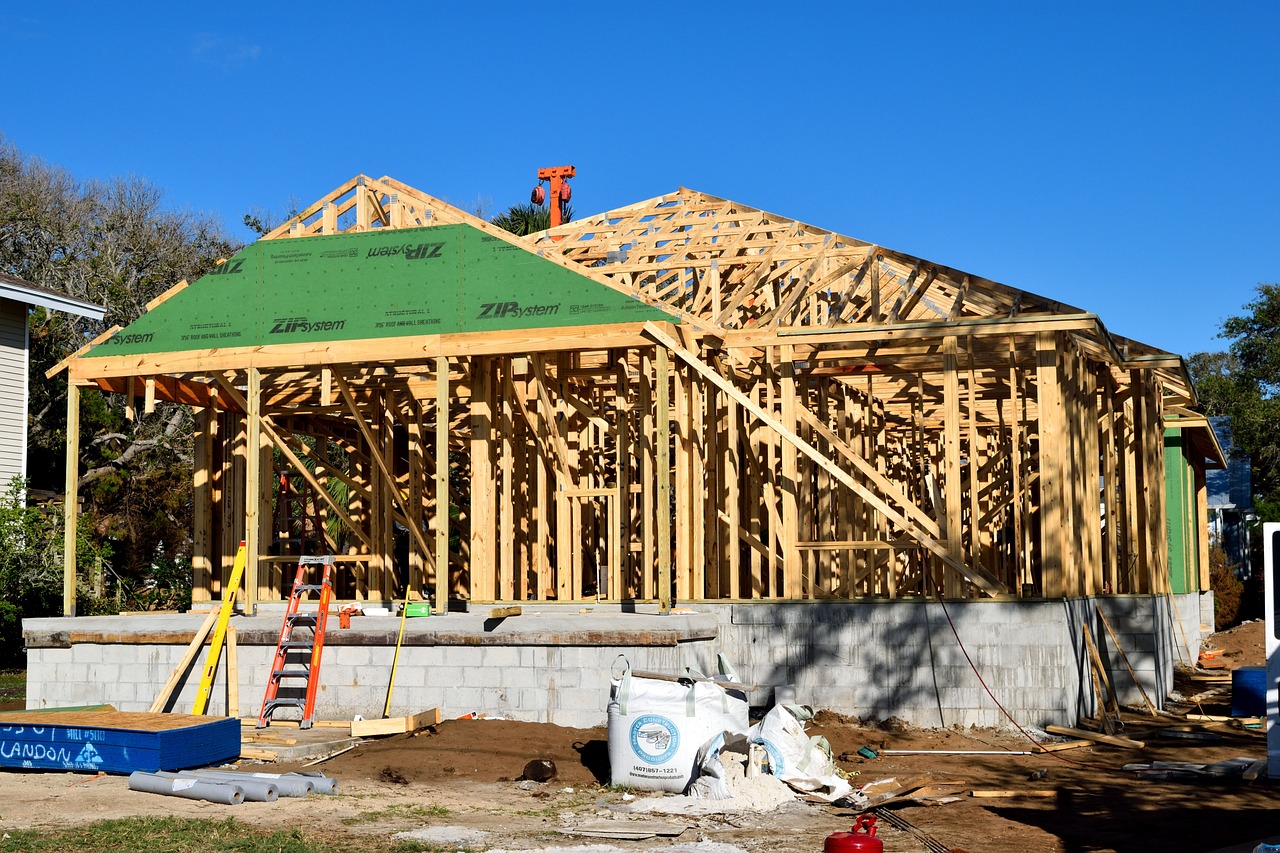Home additions Toronto offer a practical solution for homeowners looking to expand their living space without the hassle of moving. Whether it’s a second-story addition, a rear extension, or a sunroom, these projects improve both the function and value of the home. A well-executed home addition can provide more space, enhance comfort, and increase property value while fitting seamlessly with the existing structure.
The process includes careful design, obtaining necessary permits, and working with experienced builders to ensure safety and quality. Toronto’s experienced contractors focus on delivering tailored solutions that meet each homeowner’s specific needs and budget.
With many options available, from custom designs to fixed-cost estimates, homeowners in Toronto have access to trusted professionals who manage the entire project smoothly. This makes expanding a home a manageable and worthwhile investment for the long term.
Types of Home Additions in Toronto
Homeowners in Toronto have several options to increase their living space through various types of additions. These options vary in complexity, cost, and impact on property value. Choosing the right type depends on budget, space needs, and city regulations.
Second-Story Extensions
Second-story extensions add an entire floor above the existing structure. This option is ideal for families needing extra bedrooms or bathrooms without reducing yard space. It often requires structural reinforcement of the foundation and walls to support the new level.
These projects typically involve higher costs compared to single-story additions due to engineering, architectural design, and additional permits. However, they add significant square footage and can substantially increase home value in Toronto’s competitive market.
Rear and Side Additions
Rear and side additions extend the home’s footprint outward. This type often includes expanding kitchens, living rooms, or creating new multifunctional spaces. It is popular because it usually requires fewer structural changes than second-story builds.
Permits and zoning rules must be carefully considered as they can affect setbacks and lot coverage restrictions in Toronto. This option provides flexible layouts and can enhance the home’s connection to outdoor space.
Basement Conversions
Basement conversions transform unfinished basements into livable areas such as bedrooms, offices, or rental units. This choice maximizes existing space without changing the home’s exterior footprint.
Proper insulation, egress windows, and waterproofing are important components. Basement conversions can be cost-effective but must comply with local building codes to ensure safety and legal rental use.
Garage Additions
Garage additions convert or expand existing spaces into garages or additional rooms. Some homeowners use this space for workshops, studios, or extra storage while others convert garages into living quarters.
Garage conversions may require permit approvals and upgrades to insulation, electrical systems, and ventilation. They offer a practical way to add usable space, particularly in neighborhoods with limited yard area.
Planning and Permitting for Home Additions
Careful planning and adherence to regulations are crucial when embarking on a home addition project in Toronto. Budget considerations and selecting the right contractor also play significant roles in ensuring the project proceeds smoothly.
Zoning and Building Codes in Toronto
Toronto requires a building permit for most types of home additions, including second-story extensions, rear or side expansions, and attached garages. These permits ensure compliance with the Ontario Building Code and local zoning bylaws.
Zoning laws regulate the size, height, and placement of additions to maintain neighborhood character and safety. Homeowners must consider setbacks, lot coverage limits, and possible restrictions related to heritage properties or conservation areas.
Failure to comply with zoning and building codes can lead to legal complications, costly delays, or removal orders. It is essential to submit detailed plans and obtain approvals before starting construction.
Budgeting and Project Costs
Home addition costs in Toronto vary widely depending on the size, design complexity, and materials used. Common expenses include architectural drawings, permits, labor, materials, and potential site preparation.
Unexpected costs may arise from structural reinforcements, compliance modifications, or delays. It is wise to allocate a contingency budget of around 10-15% for such issues.
Homeowners should also factor in costs associated with inspections and municipal fees. Accurate cost estimates and thorough financial planning help prevent budget overruns.
Choosing a Home Addition Contractor
Selecting a qualified contractor is critical for the success of a home addition. Homeowners should verify licenses, insurance, and references to ensure reliability and competence.
Experience with local permits and construction standards is important for smooth project execution. Clear communication and detailed contracts with timelines and payment schedules reduce the risk of misunderstandings.
Involving a contractor who coordinates permit applications and inspections can save time and reduce stress throughout the process.
